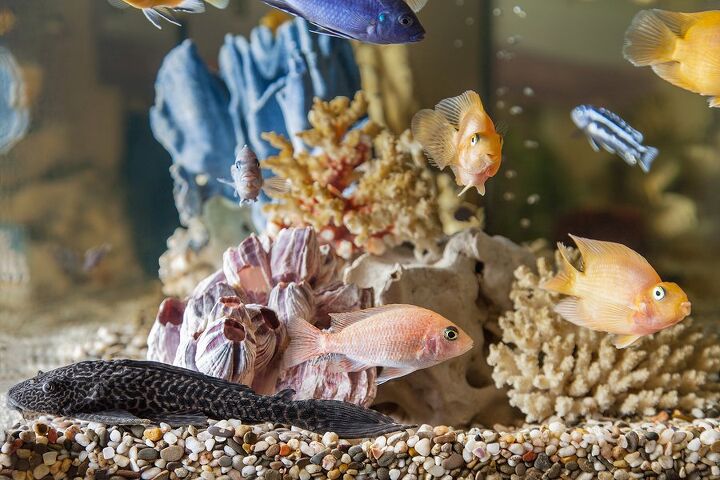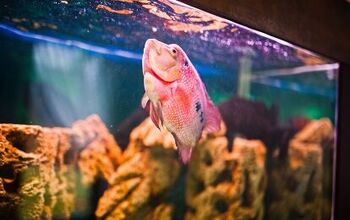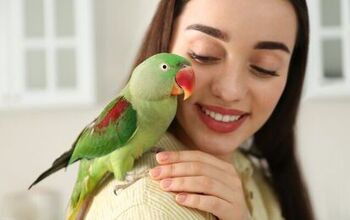4 Most Common Mistakes New Aquarium Hobbyists Make

No matter what hobby you decide to get into, there is bound to be a learning curve. In many cases, the mistakes you make while learning a new hobby don’t really matter; but in the case of the aquarium hobby, those mistakes could be deadly – for your fish, anyway. Before you set up your first aquarium, take the time to familiarize yourself with the top four mistakes new aquarium hobbyists make so you can avoid making them yourself.
Top Mistakes New Aquarium Owners Make
Cultivating a thriving freshwater aquarium is, to some degree, something you can really only learn by doing. This does not mean, however, that you shouldn’t do some research before you begin. Here are the top four mistakes new aquarium hobbyists are most likely to make:
- Starting Too Fast: The task of actually setting up your aquarium doesn’t take long – you just have to fill the tank with water then add your decorations and equipment. Unfortunately, many new aquarium hobbyists don’t understand the importance of giving the tank time to cycle before adding their fish. The term “cycle” refers to the nitrogen cycle – the natural process through which beneficial bacteria in the tank break down organic wastes (like fish food and feces). It takes a few weeks for a new tank to develop a strong colony of beneficial bacteria and if you add your fish before that happens then they will likely die of ammonia poisoning because there won’t be enough bacteria to break down the waste products properly.
Related: Setting a Schedule for Routine Tank Maintenance
- Choosing the Wrong Fish: Even if you give your new tank time to cycle before adding fish, choosing the wrong fish could be a serious mistake. Some fish are naturally peaceful by nature while others are aggressive and territorial – if you try to mix the two you are just asking for trouble. It is also important to remember that different species of fish come from different habitats in different parts of the world. You want to choose species that have similar habitat requirements and then cater the conditions in your tank to meet those requirements.
Related: Exploring The Riparium
- Starting Too Small: Many beginners in the aquarium hobby make the mistake of thinking that a small tank will be easier to maintain than a larger tank. One of the most important things you need to learn about maintaining an aquarium is that water quality is key – dirty water or improper water chemistry (things like pH and water hardness) can kill your fish very quickly. The larger your tank is, the higher the water volume. This means that if something happens to affect the water quality or water chemistry in your tank, those changes will have a lesser effect in tanks with higher water volumes. If you make a mistake with water chemistry in a small 5-gallon tank the effects could be devastating – the same mistake in a larger 20-gallon tank might not be much of a problem at all.
- Neglecting Simple Maintenance: Once you’ve set up your aquarium your job is not done- you still have to maintain the tank. Performing weekly water changes of 15% your water volume is essential for maintaining high water quality in your tank. You should also test your tank water on a weekly basis to make sure the pH, water hardness, and other aspects of water chemistry are in line.
Cultivating a thriving freshwater aquarium can be challenging, especially if you are completely new to the aquarium hobby. By doing your research and familiarizing yourself with common mistakes before you begin, however, you can increase your chances of success.

Kate Barrington is the loving owner of two cats (Bagel and Munchkin) and a noisy herd of guinea pigs. Having grown up with golden retrievers, Kate has a great deal of experience with dogs but labels herself a lover of all pets. Having received a Bachelor's degree in English, Kate has combined her love for pets and her passion for writing to create her own freelance writing business, specializing in the pet niche.
More by Kate Barrington























